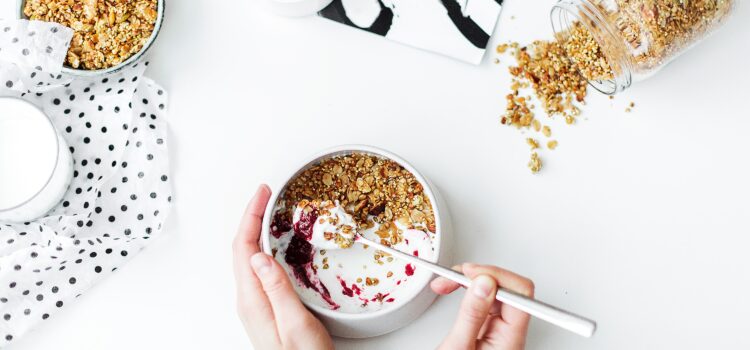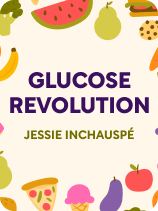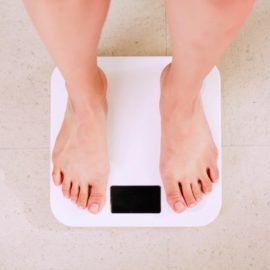

This article is an excerpt from the Shortform book guide to "Glucose Revolution" by Jessie Inchauspé. Shortform has the world's best summaries and analyses of books you should be reading.
Like this article? Sign up for a free trial here.
What kind of food should you eat for breakfast? Why is it a bad idea to start your day with sweet, carb-rich foods? What are some examples of healthy breakfast options?
They say that breakfast is the most important meal of the day, but perhaps more important is what you eat for breakfast. According to biochemist Jessie Inchauspé, the best food to eat for breakfast is anything savory because your body is hypersensitive to glucose in the morning.
Here’s why you should temper your sweet tooth at breakfast, according to Inchauspé.
Eat Savory Foods for Breakfast
In her book Glucose Revolution, biochemist and the creator of the popular Glucose Goddess Instagram account Jessie Inchauspé argues that we shouldn’t eat sweet, carbohydrate-rich foods at breakfast because we’re especially vulnerable to glucose spikes first thing in the morning. After sleeping and not eating for hours, the first thing we eat gets digested very quickly, so glucose from carbohydrate-rich foods is absorbed too rapidly. Then, this causes glucose spikes that throw our glucose out of balance for the rest of the day.
According to Inchauspé, to prevent glucose spikes, the best food to eat for breakfast is anything savory. She suggests focusing on protein like eggs, then adding in some fiber and fat, such as kale and cheese.
(Shortform note: Some argue that eggs aren’t a very healthy option for a savory, protein-rich breakfast because they contain too much cholesterol, which contributes to heart disease. However, studies suggest that eggs have a minimal negative effect on the body compared to other high-cholesterol foods. Additionally, they provide essential nutrients such as vitamins B12, D, and A. Just watch that you don’t eat eggs with too many other foods high in saturated fats, salt, and cholesterol, like cheese, bacon, and butter. For a healthier option, try eating just egg whites with fibrous greens, or try cooking eggs in olive oil instead of butter.)
| The Benefits of Breakfast for Diabetics (and Non-Diabetics) According to recent studies, eating nothing for breakfast can be just as problematic for people with type 2 diabetes as breaking their fast with carbohydrate-rich foods. Researchers found that diabetics who ate nothing until lunchtime experienced large glucose spikes after all of their meals. Additionally, eating nothing for breakfast suppressed their body’s response to insulin. Eating breakfast arguably has health benefits for everyone, not just diabetics: In addition to lessening the likelihood of glucose spikes throughout the day, breakfast foods that provoke a lower glycemic response make us feel more full. Therefore, they lessen the likelihood that we’ll overeat at our other meals. One study specifically found that people who ate whole almonds with their breakfast—a food with a low glycemic response—felt sated longer and had smaller glucose fluctuations at breakfast and lunch. |

———End of Preview———
Like what you just read? Read the rest of the world's best book summary and analysis of Jessie Inchauspé's "Glucose Revolution" at Shortform.
Here's what you'll find in our full Glucose Revolution summary:
- Why you feel hungry soon after you eat and get tired throughout the day
- The role glucose plays in your body, both positive and negative
- Strategies for taking control of your health and glucose levels






